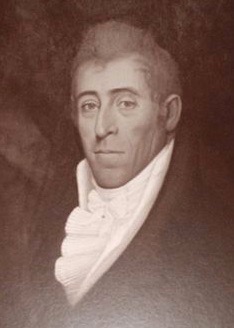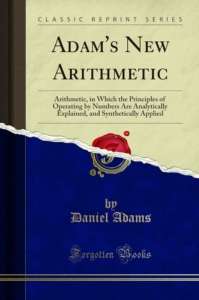Thurston Park group continues talks on south entrance

Hikers on Bridge in Thurston Park (Photo courtesy: Town of China)
by Mary Grow
China’s Thurston Park Committee members spent part of their Jan. 16 meeting talking again about the possibility of opening a southern entrance to the 400-acre park in northeastern China.
The unpaved Yorktown Road runs north from the Mann Road, in China, through the park and across the Albion town line. Town voters discontinued the road in March 1956, but they kept an easement allowing public use.
The current entrance to the park from the north is down a steep hill, partly in Albion, that needs frequent repair. Albion does not maintain it; committee chairman Jeanette Smith explained that China money can’t be used outside town limits.
The southern end of Yorktown Road is Maurice “Steve” and Dawn Haskell’s driveway. The Haskells prefer not to have the road repaired and maintained for park access.
When Smith proposed last fall that committee members confer with the Haskells, Town Manager Rebecca Hapgood recommended they first consult select board members. At the Dec. 20, 2024, select board meeting, board members unanimously approved committee members reaching out to all landowners near the Yorktown Road at the south end of the park (see the Jan. 2 issue of The Town Line, p. 3).
Two of those landowners, Jerry Smith and Kathryn Kellison, came to the Jan. 16 meeting. They said they are reluctant to have access to their property improved, fearing trespassers and vandalism.
Jeanette Smith said road improvements would consist of adding gravel, ditching and where necessary installing culverts. The road would not be paved.
Opening a south entrance would not create through traffic on Yorktown Road. As at the north end, there would be a parking lot and a gate just inside the park boundary, she said.
Park hours are dawn to dusk, Smith said. There are no plans to plow the south entrance in the winter.
An alternative to improving the Yorktown Road as a southern entrance has been discussed: making a new right-of-way. Smith said that would be a complicated and costly undertaking.
She assured Jerry Smith and Kellison she would keep them informed of developments that might affect them
Jerry Smith and another guest, China Historical Society member Tim Hatch, mentioned other former roads, no longer maintained or even traceable, that might have run into the park, including one from Palermo. Smith concluded she needs to talk with more people.
The meeting included Hatch’s presentation on the history of the park, which opened formally on May 31, 2014. The town had owned much of the land since the 1950s.
The first parcel was a gift from Everett Thurston, because, Jeanette Smith said, when he and his family were down on their luck, town officials helped them out. More land was acquired through tax foreclosures, Hatch said, and one small piece was purchased.
Some of the landowners in what is now the park were members of China’s Black population. The Talbot cemetery, one of two identified Black cemeteries in China, is just outside the eastern end of the southern park boundary, at the Palermo town line.
Voters who responded to a pre-2014 survey and then approved the park did not want it to increase taxes, Smith said. Consequently, funding has come from grants, occasional fund-raising efforts and China’s TIF (Tax Increment Financing) money. Much of the labor of creating and maintaining trails and other facilities has been volunteer, including Eagle Scout projects.
Smith is waiting to find out whether the Federal Emergency Management Agency (FEMA) approves funds for repairs after the December 2023 storms, before she proposes a 2025 TIF fund request.
She is researching other funding sources, including the new $30 million trail fund Maine voters approved in November 2024.
A top priority project is designing and building a handicapped trail near the north end of the park and adding a handicapped toilet. Smith has approached the builder of the park’s other toilet facilities about taking on the new project.
On another topic, committee members briefly discussed plans for China’s Ice Days, Feb. 14 through 16. Smith said the park will host an Owl Prowl the evening of Friday, Feb. 14, and, if snow conditions permit, sledding the morning of Saturday, Feb. 15.
The next Thurston Park Committee meeting is scheduled for 6:30 p.m., Thursday, Feb. 20, in the portable building behind the China town office on Lakeview Drive.




 Grade 12
Grade 12




